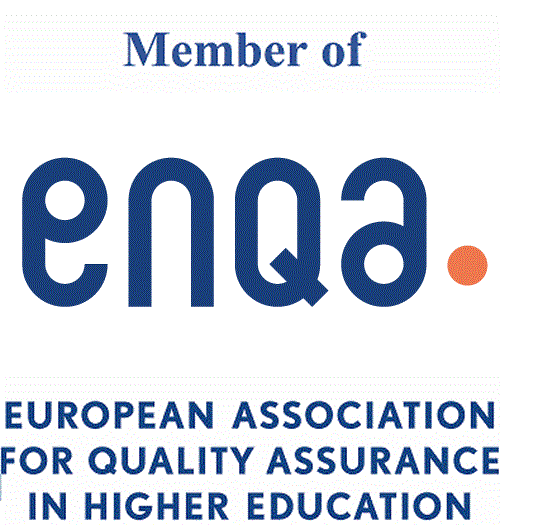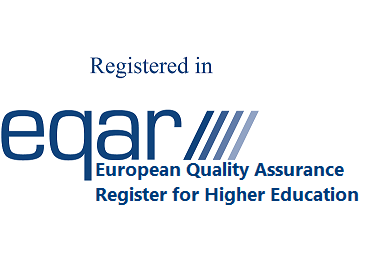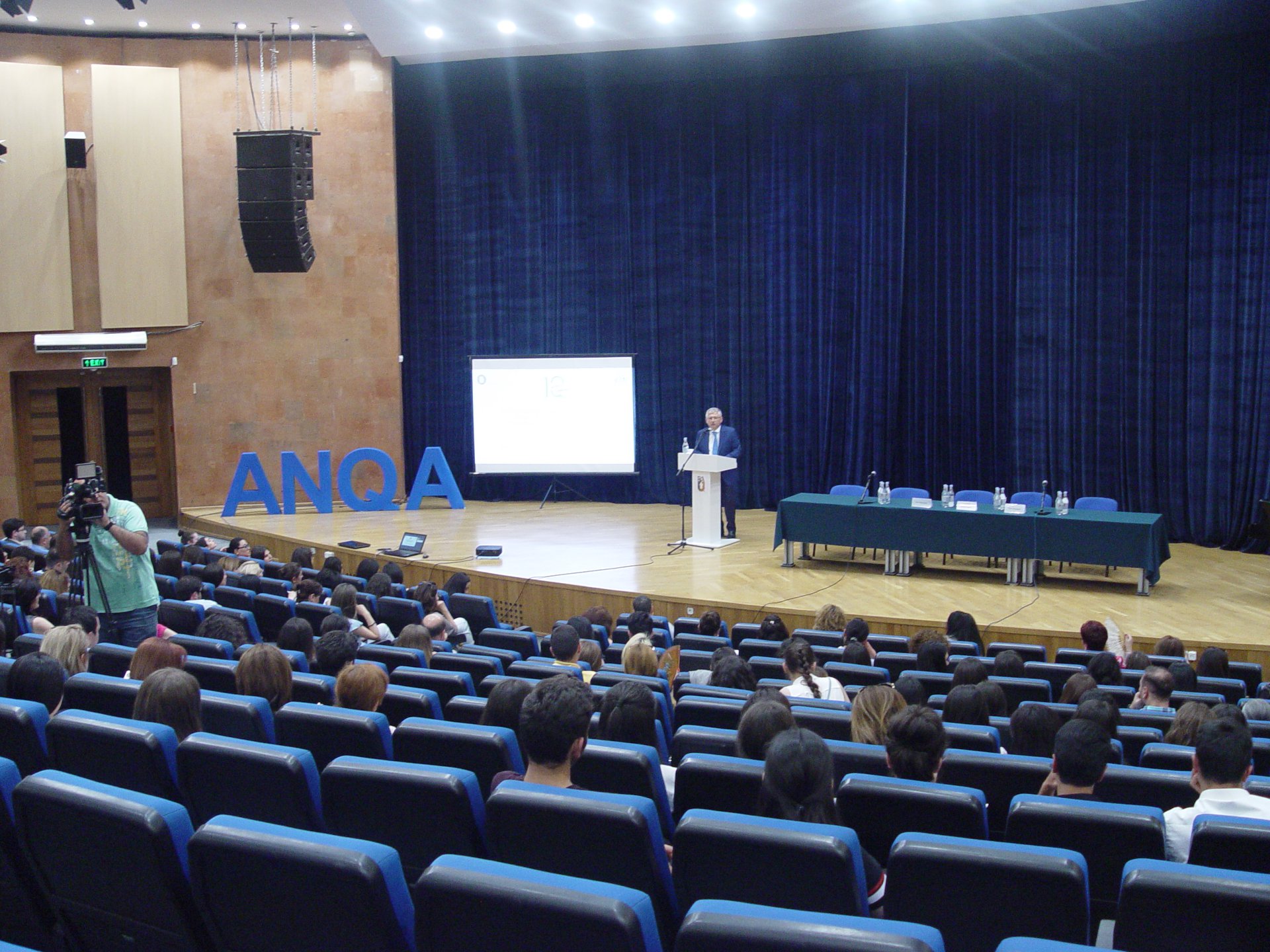How to motivate the lecturer and the student, plan student’s progress effectively and ensure the credibility of the qualifications awarded? These were the main topics discussed during the conference entitled “Reliable Award of Qualifications” held 14th June 2019 at the Russian-Armenian University.
The conference was organized by the National Center for Professional Education Quality Assurance (ANQA), which brought together students, lecturers, and QA experts to discuss current issues of the educational system and to outline specific solutions to them.
Greeting the participants of the conference, ANQA Director Ruben Topchyan expressed confidence that there are solutions to the issues that will ultimately provide positive results.
Highlighting the proper planning of student’s progress, Mr. Topchyan noted that HEIs often say students who enter the University with “8” cannot be graduates with “18”. He noted that this problem exists all over the world: as a result of publicizing higher education, HEIs accept people who are not ready to study there. According to him, the world tries to solve this problem, it is possible in Armenia as well, we just have to work hard.
Within the framework of the conference, the participants were presented a successful experience of student’s progress planning and different thematic issues were discussed.
Referring to the credibility of the qualifications awarded, Mr. Topchyan noted that students get theoretical knowledge at the Universities: their gained experience is theoretical and after graduation, they themselves must comply it with the requirements of the labor market. According to Mr. Topchyan, if it was an acting model in the previous educational system, the situation is different now: the employer expects graduates from universities to start working immediately. Thus, the lecturer's task is to show the students how to make their theoretical knowledge applicable. “This is a rather difficult but solvable problem", said Mr. Topchyan.
ANQA focuses on the issue of credibility of qualifications by assisting HEI’s internal quality assurance centers in raising this question, discussing it in the management councils’ sessions and taking action to solve it.
One of the components of the effectiveness of the educational process is also the lecturer’s and student’s motivation. As a result of the discussion, it became clear that research could be a source of additional motivation for the lecturer. According to the participants, Universities should encourage lecturers who are doing researches related to the issues of teaching and learning and trying to find some solutions. The researcher will not only contribute to the development of educational solutions but will also gain recognition which will provide additional motivation.
Summing up the results of the conference ANQA Director noted that the conference served its purpose. “It was an open discussion, very sharp questions were raised, different approaches were expressed. Such discussions lead to certain solutions and quality assurance.”






